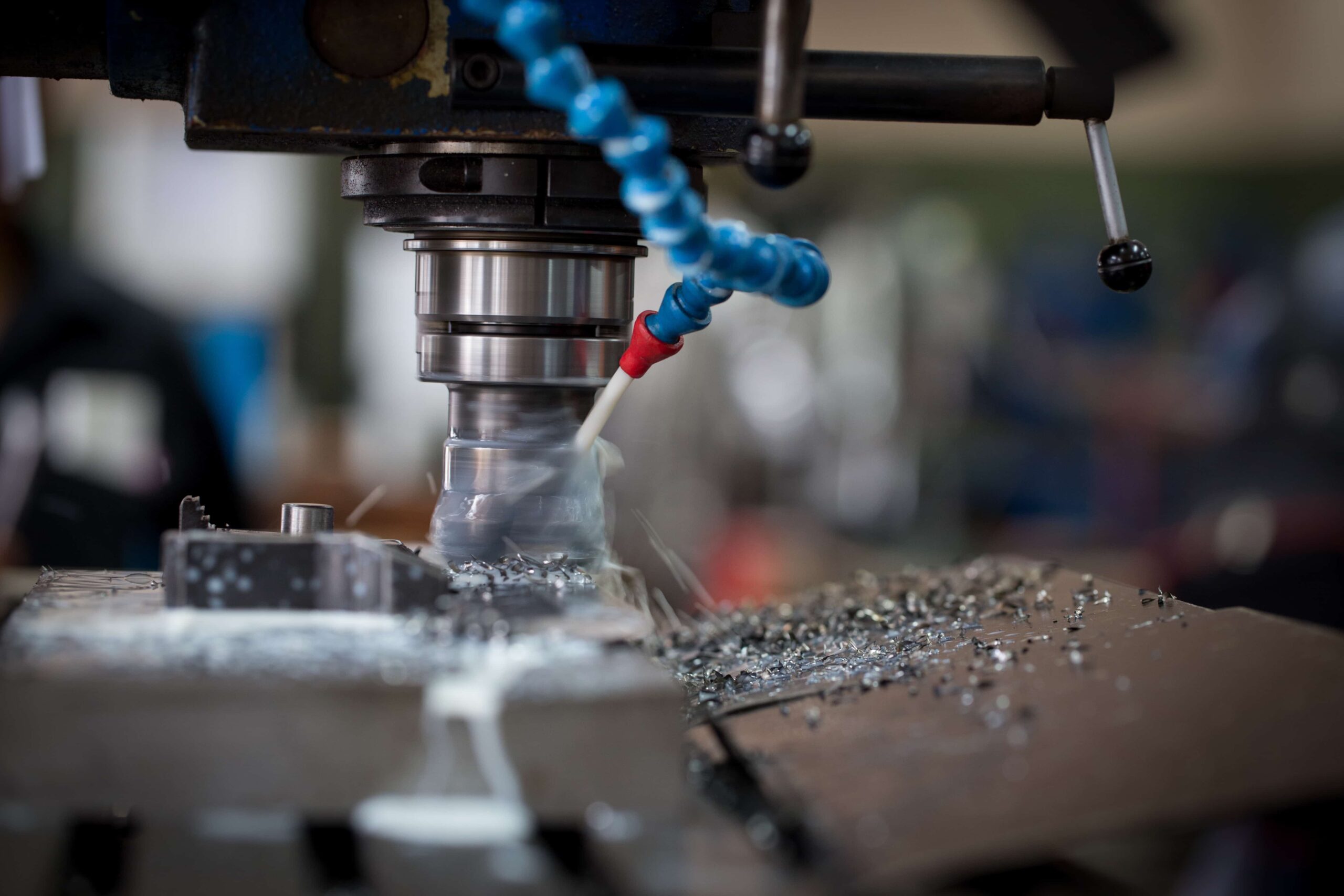
Maintaining heavy-duty equipment with the right type of hydraulic fluids can help an operation run smoothly and efficiently. However, when the proper fluids are not selected, the reverse is true and systems are at risk of expensive damages that ultimately hamper progress or, in worse case scenarios, cause total system failure.
Hydraulic fluid is the recognised as most crucial component of a hydraulic system. Picking the proper hydraulic fluid is essential to guarantee optimum performance of the system. Every hydraulic fluid has its unique characteristics regarding viscosity, operating conditions, and anti-wear attributes. The reason hydraulic fluids are considered a crucial element in systems is because it has an influence on vital performance parameters which include power transmission, heat dissipation, lubrication, debris conveyance, sludge formation and unwanted contamination.
To choose the right hydraulic fluid for an application, operators must consider the specific operating requirements and conditions of their system. Additionally, they must also consider any health and safety and environmental regulations and conditions that are applicable to their industry and processes.
In this article, we will explore the four different types of hydraulic fluid and explore why selecting the correct product is essential.
Petroleum-based fluids
Hydraulic fluids that are petroleum-based are among the most dependable hydraulic system lubricants that substantially increase the performance of both machinery and finished product outcomes. The specific benefits of a petroleum-based fluid will vary depending on their unique composition, however, typically operators can expect to access enhanced rust resistance, reduced foaming, and improved lubrication.
It is always important to note, however, that this hydraulic fluid category includes highly combustible products. As a result, safety is a key priority for all handlers of this flammable fluid.
Water-based fluids
For water-based hydraulic fluids, two different sub-types exist called water glycols and water-oil emulsions. Water glycol hydraulic fluids involve a solution of glycol and water mixed. These fluids are usually around 40% water-glycol, while the other 60% comprises an additive package designed to enhance corrosion prevention and viscosity. As these hydraulic fluids are water-based they are naturally fire-resistant and cooling.
However, the second water-based hydraulic fluid, water-oil emulsions are the most cost-effective fire-resistant fluids. They are about 35% water to 65% oil and this ratio produces an oil-continuous cycle that when combined with additives can stabilise and emulsify the fluids.
It’s crucial to remember that in water-based hydraulic fluids, the water evaporates faster than other types of hydraulic fluids so it’s important to perform regular level checks and monitor the fluid’s chemical composition over time as it is used in the hydraulic system.
Synthetic blend fluids
The best solution for high-temperature environments and operating conditions by far is a synthetic blended hydraulic fluid. This completely chemical composition is not only fire-resistant but also offers exceptionally smooth viscosity levels to access optimised lubrication.
A key consideration of using synthetic hydraulic fluids is to remember that they are not an eco-friendly solution. They can also be problematic when hydraulic system is sealed using nitrile-based products,
Biodegradable hydraulic fluids
Designed to cause less pollution, biodegradable hydraulic fluids are an industry-leading solution promoting environmentally friendly operations. This hydraulic fluid type is an eco-conscious alternative to other hydraulic fluids that uses natural ingredients such as rapeseed, soybean, and sunflower oil in formulation. As a result, should oil leaks occur or if hose failures are experienced, biodegradable hydraulic fluids present a far smaller risk to the environment while still performing at levels equivalent to a mineral blend hydraulic fluid.
How can the wrong hydraulic fluid impact system performance?
The hydraulic fluid and the system’s components are inextricably connected. Together the fluid and innerworkings determine both system efficiency and lifespan.
When a hydraulic system runs using the correct fluid there are many negative impacts. These include decreased efficiency, reduced components lifetime, lack of lubrication, increased corrosion, formation of sludge and varnish and high levels of heat generation. The level of contamination can also hinder fluid performance and cause wear to components and the hydraulic pump.
While various fluid attributes influence various performance functions, a hydraulic fluid’s viscosity is a critical element. Fluid viscosity impacts hydraulic systems in multiple ways including volumetric efficiency, mechanical effectiveness, boundary, and hydrodynamic lubrication, heat dissipation, cavitation, air release, and filterability.
To sum up, before selecting a hydraulic fluid for your system, it is essential to select the correct product to match your equipment. The hydraulic fluid is an integral part of any hydraulic system and when a badly matched fluid is deployed it can damage equipment and production.
Consider your operating conditions, processes and any regulations concerning your industry. The best course of action is to consult your original equipment manufacturer (OEM) for a recommendation on the ideal type of hydraulic fluid for your system, however, lubricant procurement specialists can also be called on for advice.








































